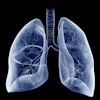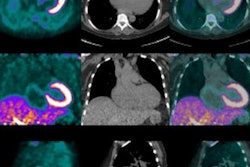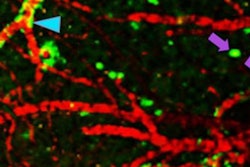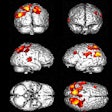Sunday, November 27 | 11:55 a.m.-12:05 p.m. | SSA16-08 | Room S505AB
This presentation will discuss the efficacy of the PET tracers fluorocholine and carbon-11 acetate in patients with recurrent prostate cancer and low prostate-specific antigen (PSA) levels.Fluorocholine (FCH) and carbon-11 acetate (ACE) are both validated PET tracers for restaging recurrent prostate cancer. The aim of this study was to compare the two tracers' ability to identify recurrent prostate cancer at low PSA values.
Dr. Valentina Garibotto from Geneva University Hospitals is scheduled to present findings from the study, which included 33 patients; 29 were evaluated by PET/CT, while four were imaged with PET/MRI. Both tracers were used in each imaging protocol.
Five patients experienced prostate cancer relapse after surgery, while eight relapsed after radiation therapy. Twenty individuals still had prostate cancer after both surgery and salvage radiation therapy. The gold standard for comparison was clinical and imaging follow-up at 41 months (range, 17-51 months), including biopsy of the suspected sites when indicated.
ACE-PET showed positive results in 66% of cases, compared with 60% of patients with FCH-PET. Clinical and imaging follow-up confirmed that recurrent disease was local in 11 cases, locoregional in four cases, and metastatic in nine patients.
The results were concordant in 26 cases (82%) and discordant for seven patients (18%). All discordant cases pertained to nodal localizations, with four instances of ACE-PET showing additional nodal uptake and two cases with FCH-PET.
In patients with recurrent prostate cancer and low PSA values, ACE and FCH showed "minor discrepancies for nodal staging, mainly in the retroperitoneal area, at follow-up," Garibotto and colleagues concluded. "Both tracers performed equally for local recurrences."




















